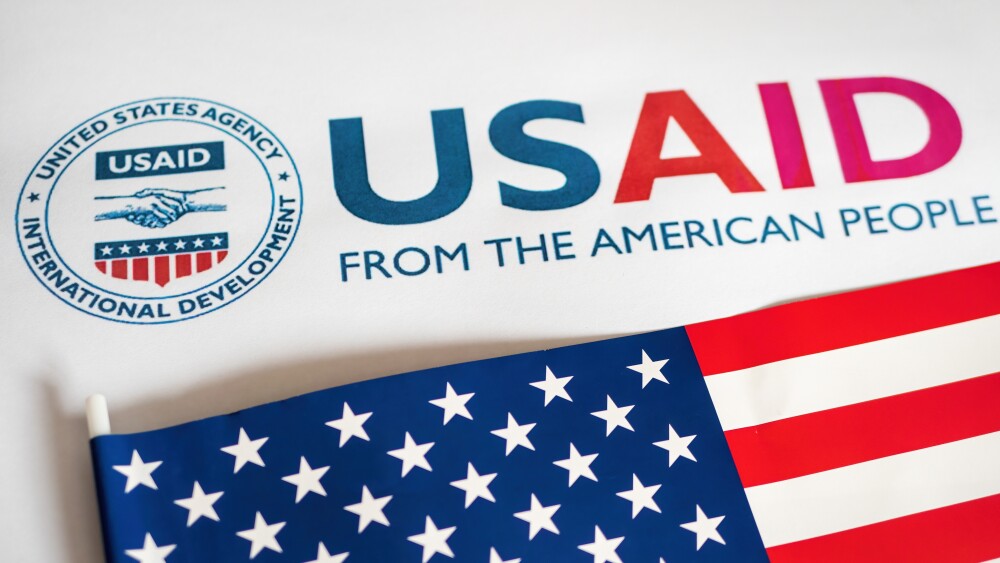WHO to prequalify 'lenacapavir' for HIV treatment, prevention
The World Health Organisation (WHO) plans to prequalify ‘lenacapavir’ for the treatment and prevention of Human Immunodeficiency Virus (HIV).It noted that though a true HIV vaccine remains elusive, the new medicine is the next best thing, adding that it is an injectable antiretroviral taken every six months that has shown to prevent almost all HIV infections in those at risk.
WHO Director General, Dr Tedros Ghebreyesus, who spoke at the 78th World Health Assembly, said that the organisation expects to conclude both the guideline and prequalification processes this year, which will support the subsequent rollout of the product.
He observed that 77 per cent of people living with HIV globally are now accessing treatment, up from 69 per cent in 2020, while 19 countries have achieved the 95-95-95 targets ahead of the 2025 deadline.
Tedros noted that the WHO has supported the delivery of more than 27 million doses of malaria vaccine in 20 countries in Africa. He observed that when the Expanded Programme on Immunization was launched in 1974, less than 5 per cent of the world’s children were immunized but has presently increased to 83 per cent.
Tedros noted that EPI has been the single biggest contributor to infant and child survival globally, preventing 154 million deaths. an average of 8000 a day, for 50 years.
He said that the organization, through the Universal Health Coverage (UHC) Partnership, provided support to 36 countries last year to develop packages of services for UHC, based on the foundation of strong primary health care, including eight countries with humanitarian crises.
Tedros stated that the WHO in 2024, trained 15 000 health workers in more than 160 countries to address the physical and mental health needs of refugees and migrants, adding that the WHO Academy will be a game-changer in terms of building capacity in countries by providing lifelong training, online and in-person, for health and care workers, policymakers, and the WHO workforce.
He observed that the WHO is working to expand access to health services, access to medicines and health products, and to strengthen regulatory authorities around the world.
He said, “Last year we designated 33 regulators as WHO Listed Authorities, which will significantly expedite prequalification of medicines that have already been approved by one of these regulators of reference.”
Tedros stated that many countries face significant challenges, adding that many ministers have told him that sudden and steep cuts to bilateral aid are causing severe disruption in their countries and imperiling the health of millions of people.
He said, “In at least 70 countries, patients are missing out on treatments, health facilities have closed, health workers have lost their jobs, and people face increased out-of-pocket health spending.
“Although this is a challenge, many countries also see this as an opportunity to leave behind the era of aid dependency and accelerate the transition to sustainable self-reliance, based on domestic resources.
“We are doing our best to support countries to make that transition, and yet, at precisely the time that Member States need a strong WHO, it is being challenged. Although our current situation is difficult, it should not be a surprise to any of us. It is a situation many years in the making, and one that we saw coming.”
Tedros stated that the WHO ís facing a salary gap for the next biennium of more than $500 million, adding that the Secretariat has taken a range of measures to curtail costs in travel, procurement, recruitment, early retirement and more.
“These measures have helped to narrow the gap, but still, there is no alternative but to reduce the size of our workforce. We are doing this reduction carefully, to protect the quality of our work, and ensure that we are positioned to emerge from this crisis stronger, more empowered and more independent.”
Tedros noted that the Assembly will this week; consider a reduced programme budget of $4.2 billion for the 2026-2027 biennium, representing a 21 per cent reduction on the original proposed budget of $5.3 billion.









